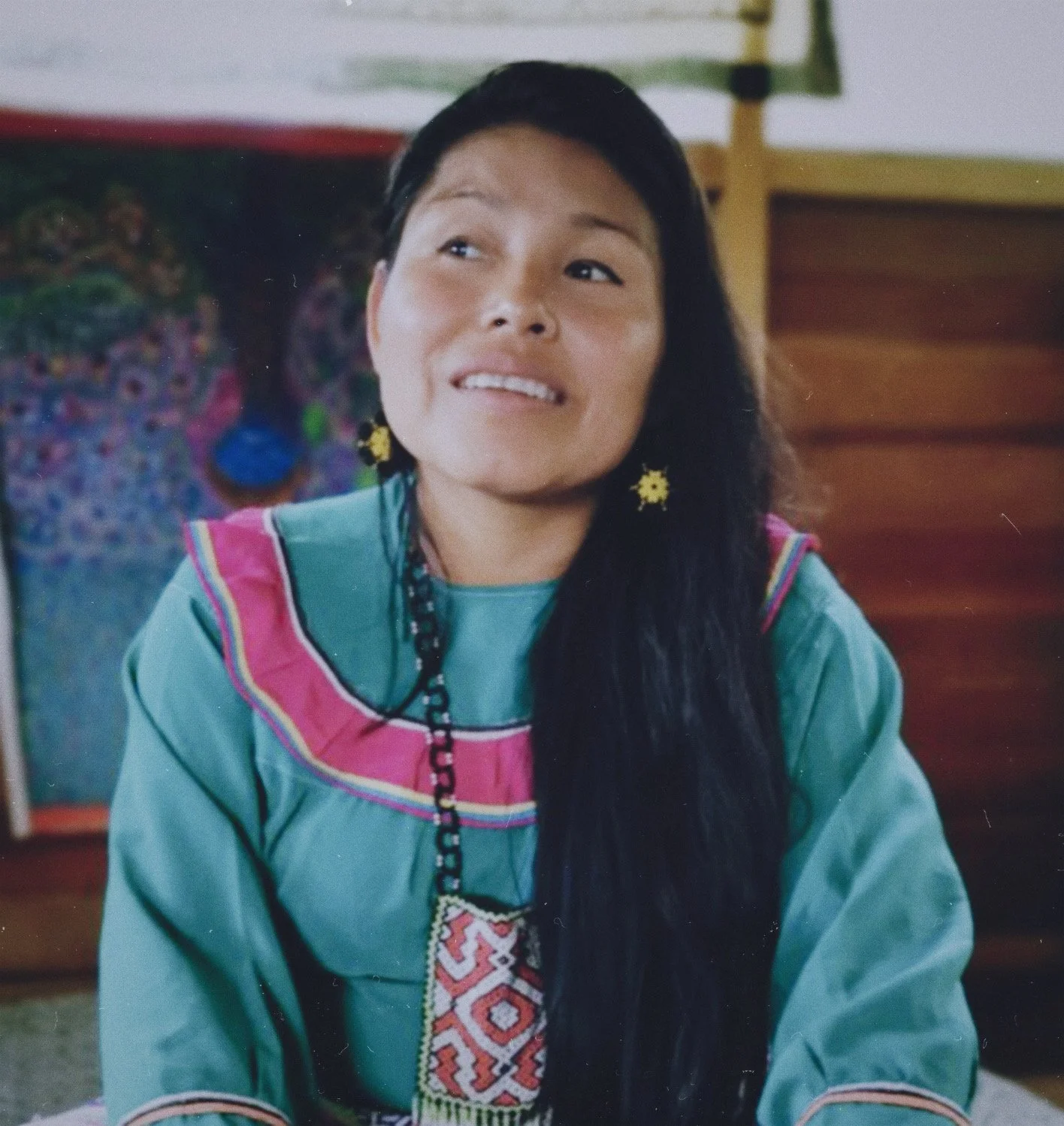I would like to begin by addressing the racial-ethnic lens on identity: My ethnic background is mixed-American and Jewish-American. My paternal grandmother had her roots in Midwestern Americans who settled before the Great Depression; she spoke of “German and Welsch family lines”; she married a Russian-Jewish man, whose name “Abelow” links back to Spain, “Abulafia.” He was raised as an Orthodox Jew, and rejected the oppressive culture, sought to overcome extremely his impoverished conditions in Boston, and made his way to Harvard; after his service in the military (where he received the Bronze Star in World War II), my paternal grandfather took on a purposefully secular life. My mother’s family are all rooted to Ashkenazi Jews who came to America before the war and found success through their willingness to “assimilate.”
My life experience as a young person was primarily filled with an education and enthusiasm for the arts, while also a “pleasure-seeking” that could philosophically be called decadence. At a rather young age I naturally tended to seek larger meaning. I think I share this experience with a lot of more sensitive young men. In early adulthood, in Jungian analysis, I witnessed how my inner feminine had been effected by influences of the media and lack of identity (as a jew), and ambiguity (about relationships). In large part, as I sought to uncover and connect to my inner life, I saw how my feminine side was so much colored by my upbringing with Dominican & Jamaican nannies, in addition to my Jewish lineages.
My mother was an ambitious, jet-setting PR agent, and I spent much of my childhood with these nannies of Island cultures. Also, at a young age I traveled to Ecuador and Belize (several times), where I encountered both indigenous and Island cultures and peoples. Their earthiness remained within my soul, along with a later trip I took to the Amazon Jungle, where I communed with the indigenous of Peru and heard transmission of their lineages, history and myths. My upbringing as a secular jewish person obfuscated the depth of my own heritage from my conscious mind. It wasn’t until late in my analysis that the depth of both Sephardic and Ashkenazi Jewish roots appeared to me.
Through my Jungian analysis I came to understand that my soul is deeply rooted in both the Jewish diaspora and the Creole cultures of Meso and South America, shaped by my upbringing under the care of Caribbean caretakers who were like second mothers to me. My early travels and interactions, such as meeting with Belizean women, enriched my understanding of diverse cultures. My artistic journey also includes a profound exploration of the "Black Model" in art history, which has provided crucial insights into how minority groups are collectively perceived and inspired me to recover and celebrate the otherwise commonly lost value of these communities. This work was published in the form of art criticism. Mystically, I see my relationship to African Diaspora people as half-siblings of the Jews, echoing the stories of Noah’s Curse; I also see myself projecting onto them a part of my own inner life and intrinsic personality, based on my upbringing.
In my visionary investigation I witnessed the connection between the Ancient Goddess – emblematic of the archetypal feminine – and the black woman, who had taken on collective projections of the impoverished and sick mindset of the Western world, but who symbolically held the secret cure; I also saw how the indigenous South American also was a figure of healing and all bodily wisdom that related more to ecstasy than to crude pleasure seeking.
In my work, I analyzed deeply the male psyche and I saw that the antidote to dissociated narcissistic male behavior; I wanted to acknowledge my own capacity for evil and my ancestor’s role in such behavior. But, it’s never so simple to do such work. This is why conversation, collaboration and exploration continues. Today, I seek to represent powerful women – from across all ethnic backgrounds – as a way of conveying the inherently regal potential of the feminine, as a way of invoking respect for women and seeking to reveal the greatest mystery of all – the Divine potential of the body.
In a more grounded and practical lens, I see how my American heritage takes for granted a land that was colonized by Europeans and which destroyed Indigenous experience. I think that seeking intercultural dialogue with the remaining Indigenous cultures of North and South American culture is an important way towards healing and the arts are a particularly apt vehicle for authentic communication of nuanced and often spiritual ideas. Furthermore, I approach my jewish identity not as an Israeli in conflict with Arab neighbors – which is an ongoing conflict of tremendous trauma and pain, especially considering that Jews and Arabs are truly long lost cousins, and many Palestinians today share blood with Israeli Jews. Rather, I approach my jewish identity as an American, struggling with the experience of assimilation, which left jewish people abandoned from connection to the transcendent, leaving their psychological state vulnerable to the greatest pits of evil – especially sexually, since sexual craving is so closely linked to spiritual longing. My work is a work of honest exploration – taking all my experiences into the present with an open heart and mind, sensitively and earnestly trying to connect with the diverse realities of the world around me.











